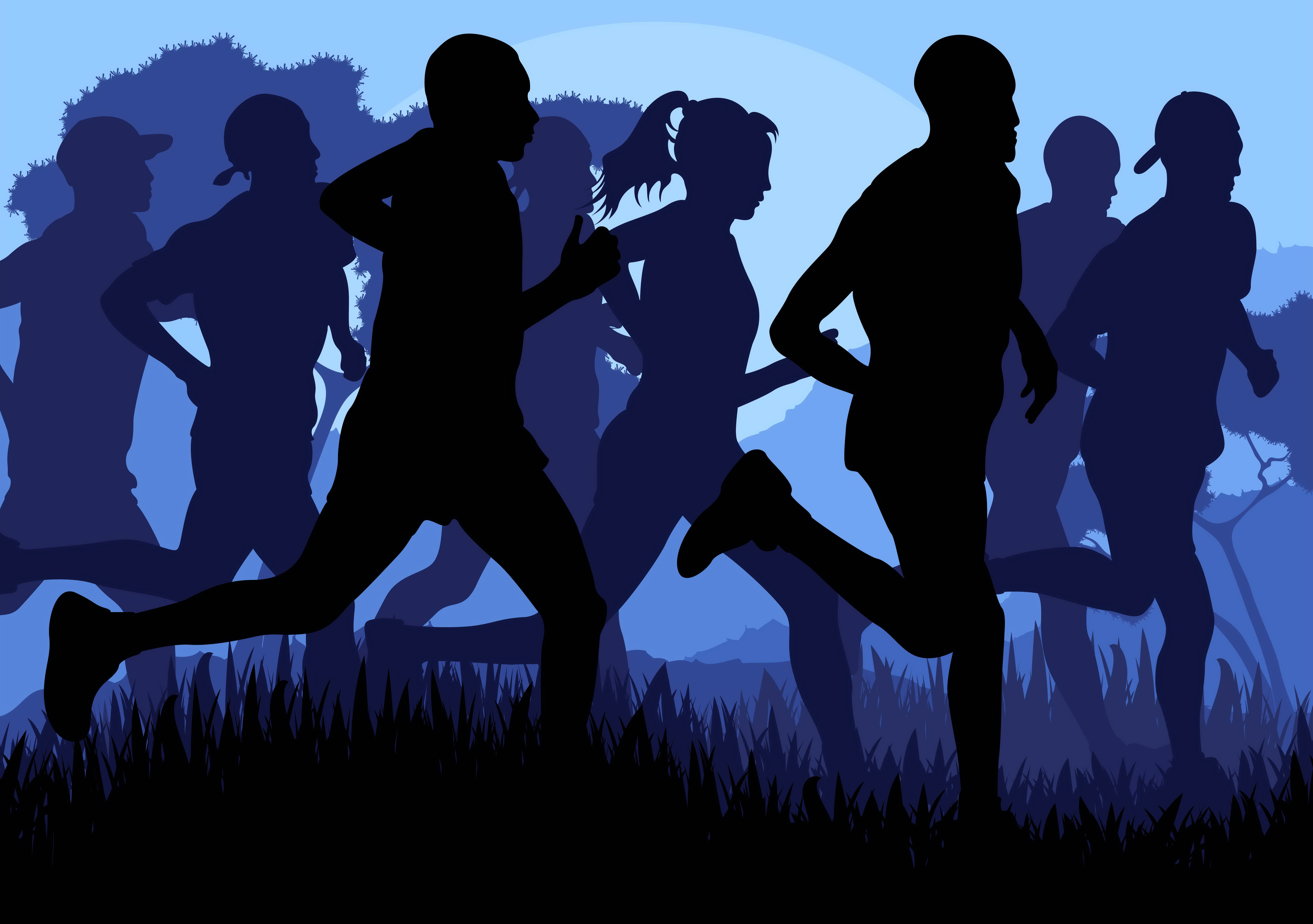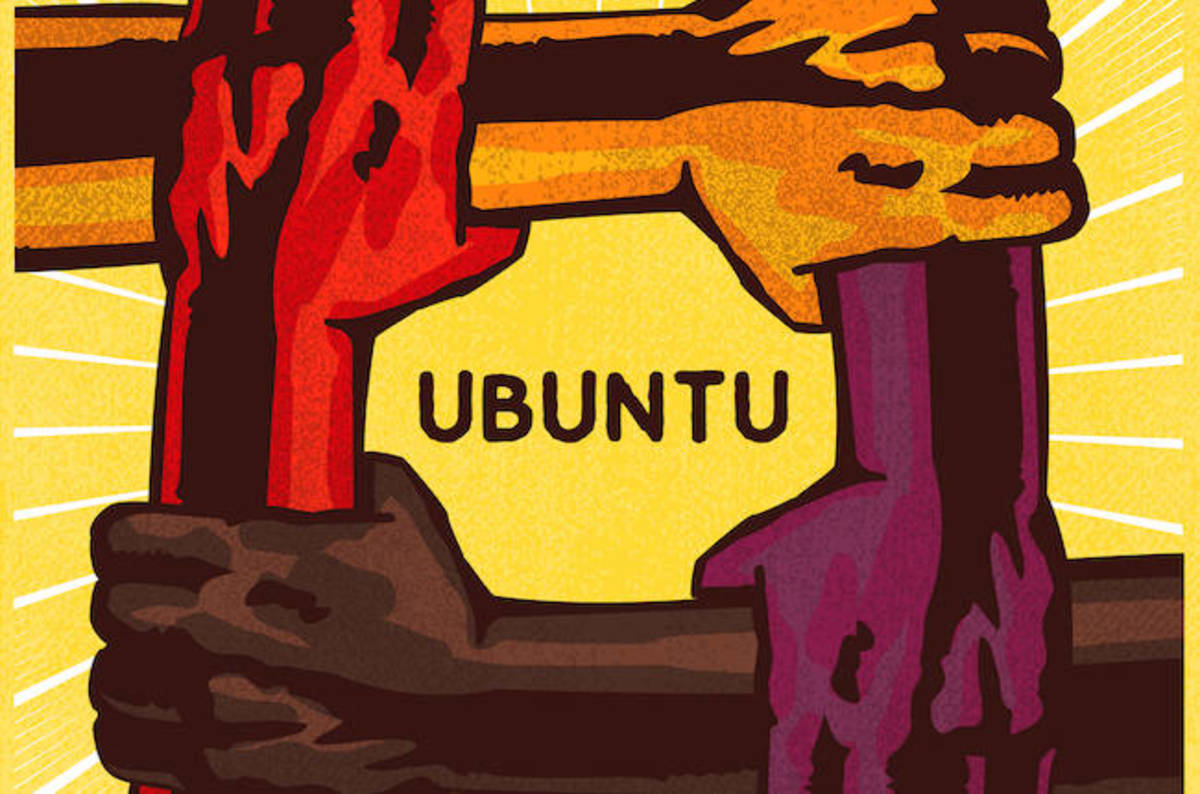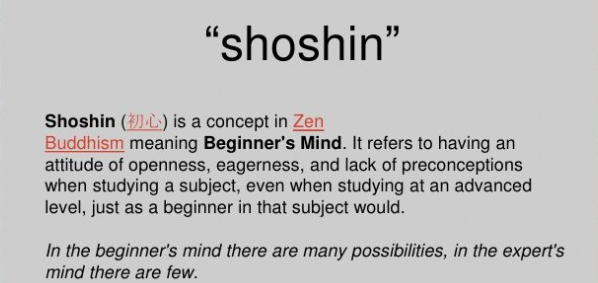
Our Own Version of Instant Replay
Every September on my birthday, I purposely reflect on my past year: adventures, accomplishments, challenges, disappointments, joys, and relationships.
Management guru Peter Drucker would have approved, “Follow effective action with quiet reflection. From the quiet reflection will come even more effective action.”
Sports teams review footage of their games. Actors watch their performances. Artists step back to assess their creations.
Similarly we need to review our own footage to evaluate our actions and results.
Why?
- Our brains need an opportunity to digest and process events.
- We experience a boost in self-efficacy when we reflect.
- Only when we assess what’s working and what isn’t can we learn and improve our results.
- Reflection increases our self-awareness and empathy which increases our authenticity and trust.
- To intentionally create the story in front of us, we need to understand the one behind us.
How? Keep a Leadership Log
Use bullet-points, phrases, words, pictures, even emoticons (on paper or in an app) to assess and capture the following reflections:
- How do I feel about my job/life right now?
- What’s working for me?
- What’s challenging me?
- What needs to change?
- What am I committed to doing differently?
- Where should I invest some attention and intention?
- What difference am I making?
- Where have I experimented?
- What have I learned this week/month?
- What’s the most remarkable idea I’ve had/heard this week? What am I doing about it?
Whether we log our reflections daily, weekly, or monthly, it’s essential to gain access to our own insights – they give us courage to make a difference not just produce a result.
Arkudi Kuhlmann knew the power of the reflective pause. As CEO of ING Direct, he placed a sign above the exit of the building asking his team to consider: “Did today matter?”







